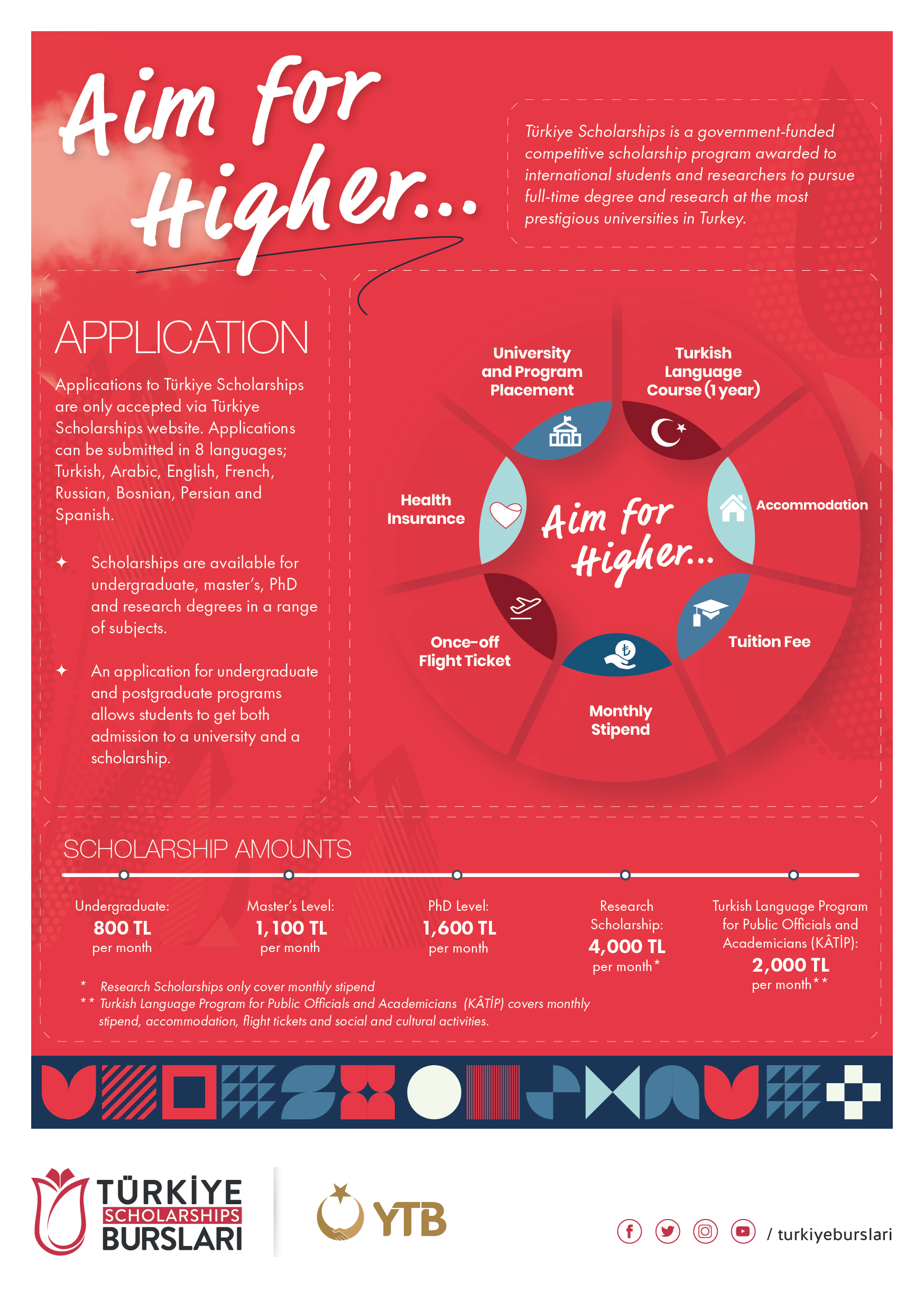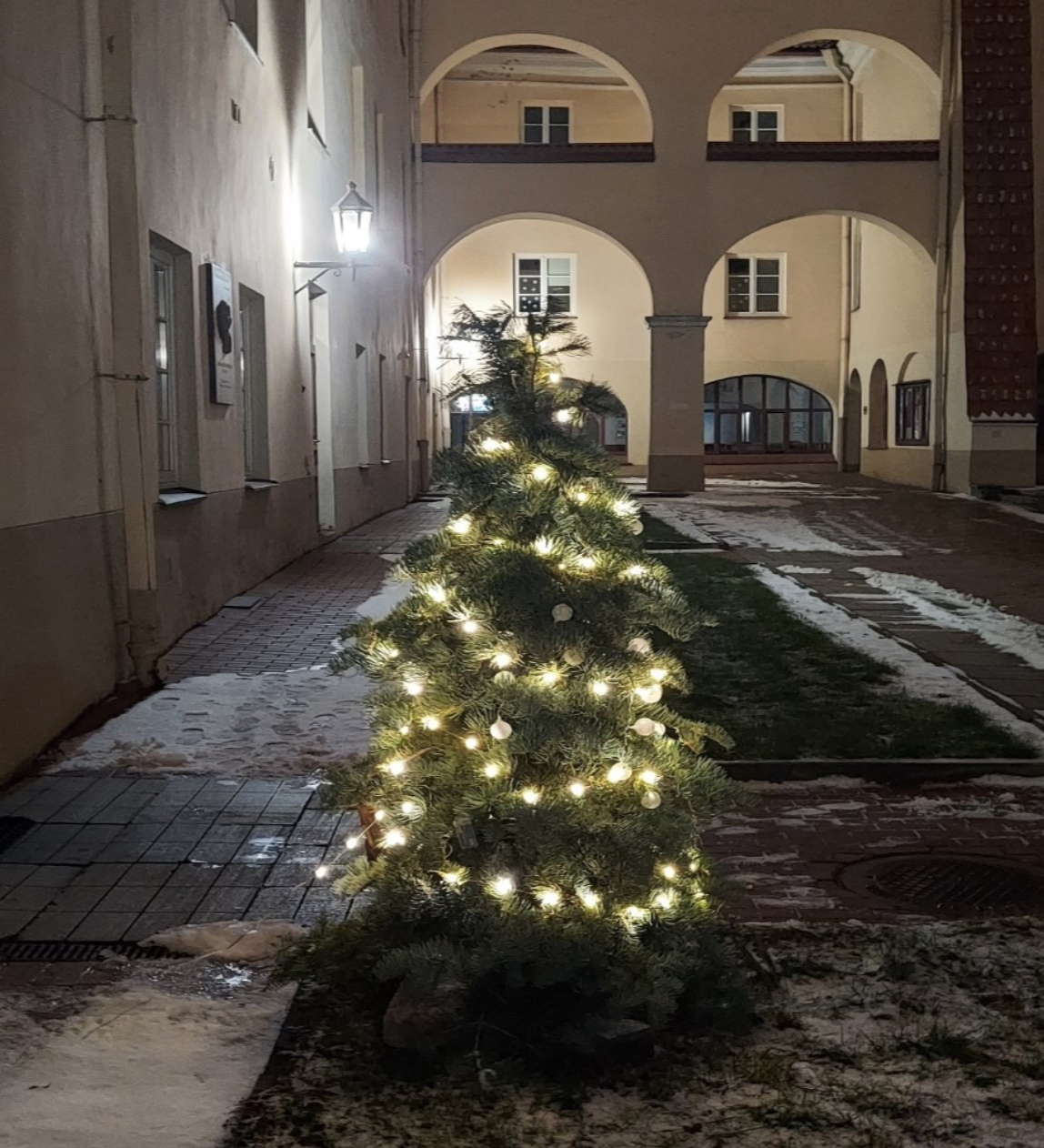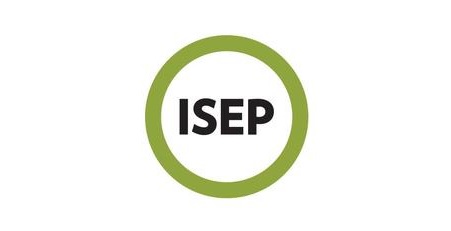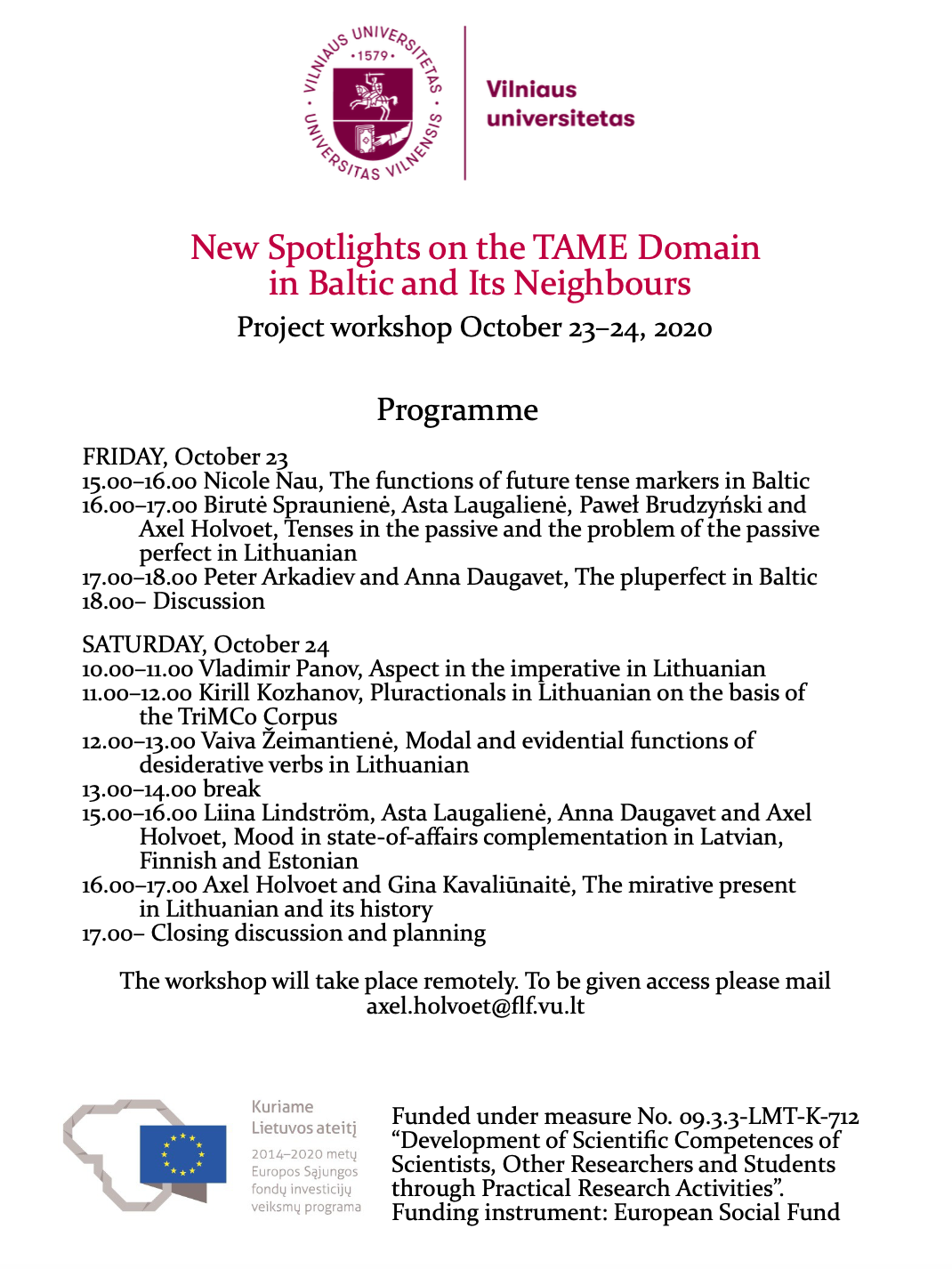How creative we really are when using our language?
Traditionally language was seen as consisting of a limited set of grammatical rules and a large number of words. Presumably, each time we want to communicate something, we would choose the words, combine them together following the rules and so we would creatively construct a message. In such a way, linguistic ability would allow us to produce an unlimited number of sentences that no one has ever heard before and still be understood.
However, when linguists moved away from researching what speakers could do with their language to researching what speakers actually do when using a language, they came to the conclusion that this is not an accurate picture of how language works. It seems that teasing grammar and vocabulary apart is much more complicated than it would initially seem. It also appears that we are using a lot of pre-constructed, ready-made sequences longer than one word to build our messages. This use of pre-constructed language is not some sort of detrimental choice of clichés or an indication of deteriorating ability of using the language creatively. On the contrary, this is an effective and expected way to communicate messages and to have the best chances of being understood.
Dr Laura Vilkaitė-Lozdienė will briefly present what kind of pre-constructed language sequences we know, how many of them we use in our language and how their usage affects our understanding.
Date ant time: December 10th, 6:30 p.m.
More info and an online link to participate >


 Dear colleagues,
Dear colleagues, 
